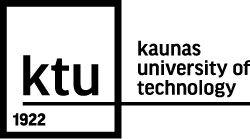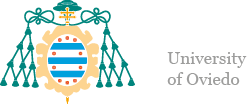 Rzeszów University of Technology (PRz, www.prz.edu.pl) is a Polish higher education institution that conducts research and offers study programmes. It operates in south eastern Poland as the biggest technical university in that region of Poland.
Rzeszów University of Technology (PRz, www.prz.edu.pl) is a Polish higher education institution that conducts research and offers study programmes. It operates in south eastern Poland as the biggest technical university in that region of Poland.
According to bip.prz.edu.pl university staff consists of more than 800 academic teachers in different positions and more than 1500 staff in total. Approximately 10 000 students study at PRz - approx. 8000 within full-time and approx. 2000 within part-time studies. University also conducts doctoral school having close to 100 participants (doctoral students). The Rzeszów University of Technology consists of 7 faculties covering various disciplines of technical (mechanical engineering, materials science, civil, architecture, chemistry, computer science, etc.) but also non technical disciplines within the Faculty of Management. Moreover, the university conducts and develops postgraduate study programmes in selected areas of expertise.
PRz is also an active participant of Erasmus+ programme, experienced in action 1 and action 2. Rzeszów University of Technology strategy regarding development indicates international collaboration and activities as a significant element of future success and development. This approach is represented by the growing number of mobilities, international projects and collaborations. University of Technology is also an active member of the Aviation Valley Association, Hydrogen Valley and other Associations that invest in modern technologies of the XXI century. Students of the Rzeszów University of Technology are very active in research student groups. As regards, stationary and on-line classes, Rzeszów University of Technology has very developed infrastructure (laboratories, classrooms, e-learning platforms, etc.). The university is also a very active partner of industrial firms (e.g. within abovementioned Aviation Valley, R&D granting programmes and other associations).






 Kaunas University of Technology (KTU,
Kaunas University of Technology (KTU,  The University of Oviedo (UO,
The University of Oviedo (UO,